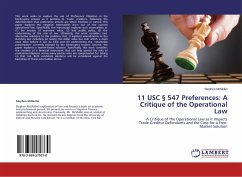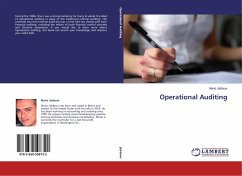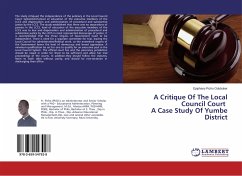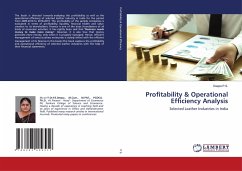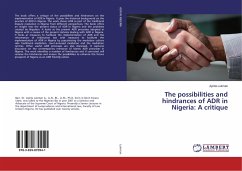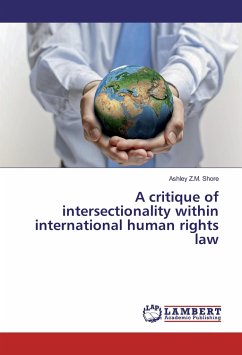This work seeks to explore the use of 'Preference' litigation in the bankruptcy process as it pertains to 'trade' creditors. Following the determination that preference actions are often frivolous in nature, this paper explores the negative externalities born out of the current operational law. Specifically, the manuscript explores such externalities as (1) the erosion of economic value, (2) bad public policy, (3) the undermining of the rule of law. Ultimately, this work considers two alternative solutions to this problem. First, it explores amendments to the standing law including (a) raising the dollar value bar over which a claim must total before it can be filed and (b) undermining the 'rebuttable presumption' currently enjoyed by the bankruptcy trustee. Second, the paper explores a market-based solution. Specifically, this work considers the creation of a financial instrument that can help spread the risks of preference litigation across many parties who are compensated for taking on that risk. Both candidate solutions will be considered against the backdrop of those externalities above.
Bitte wählen Sie Ihr Anliegen aus.
Rechnungen
Retourenschein anfordern
Bestellstatus
Storno

